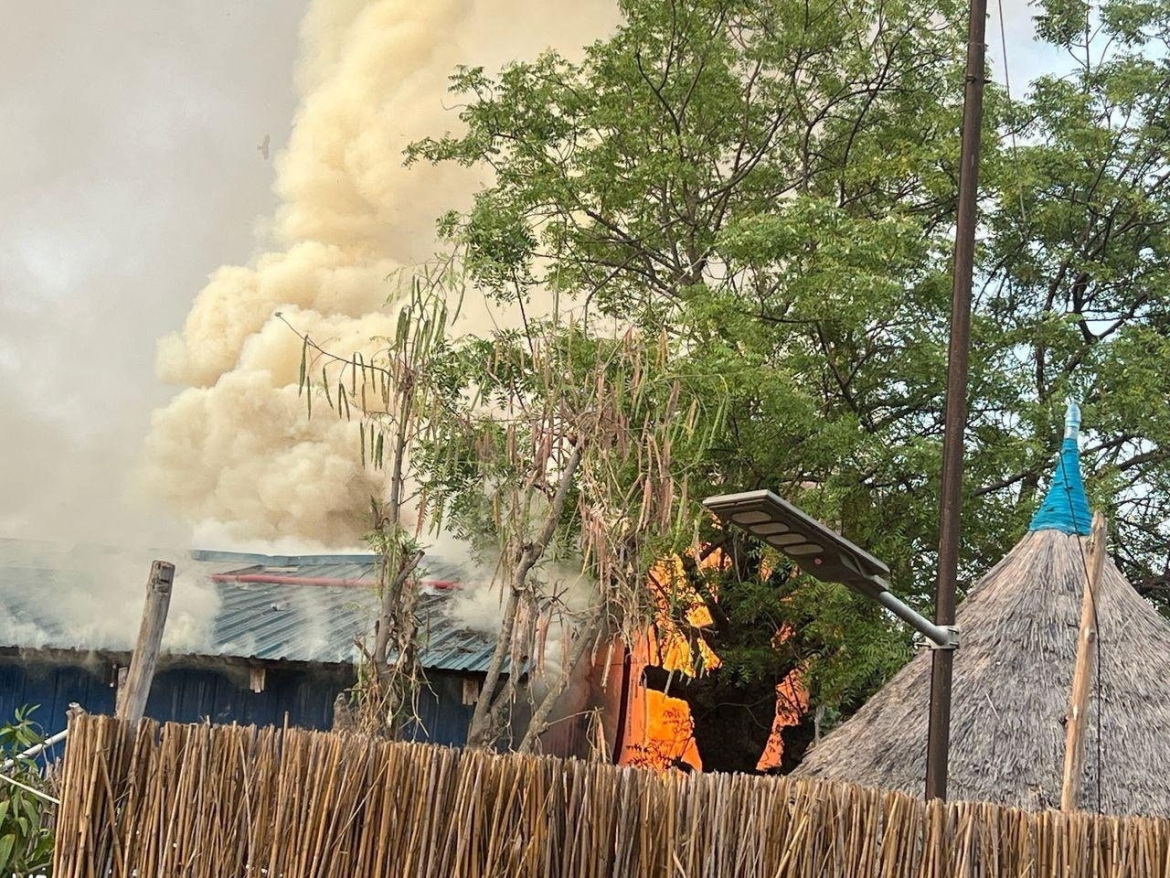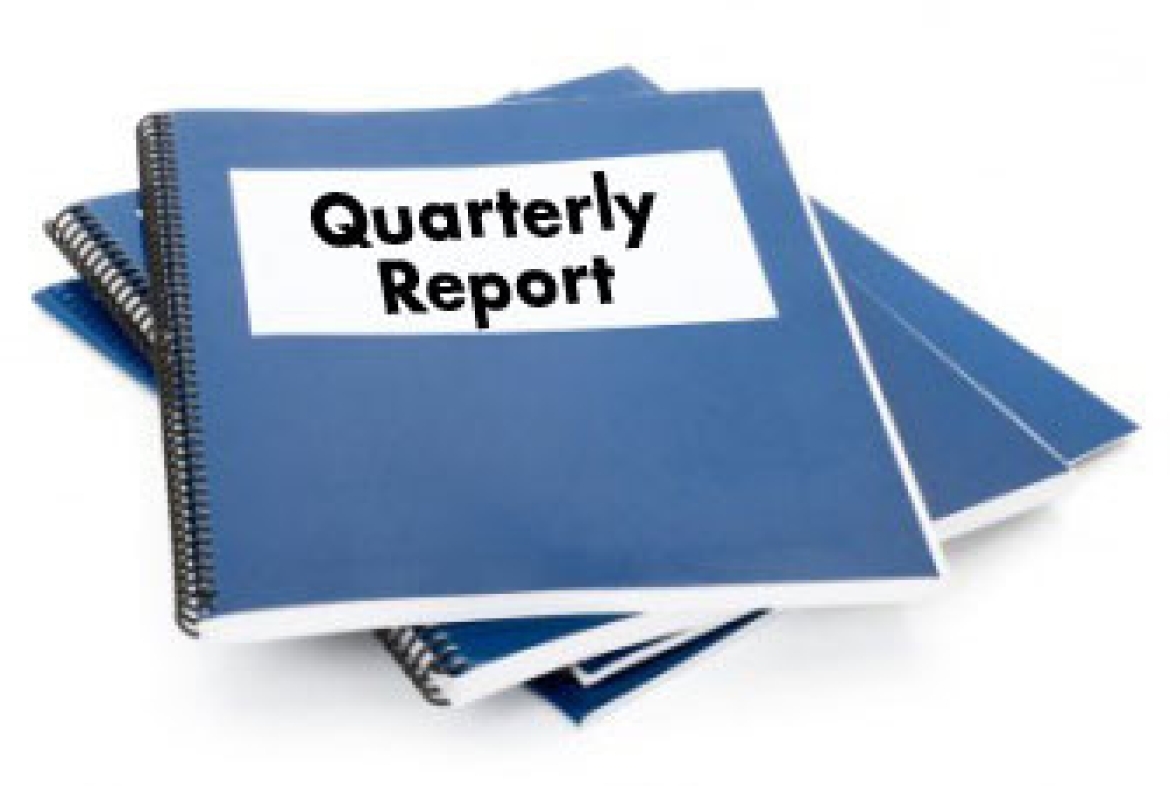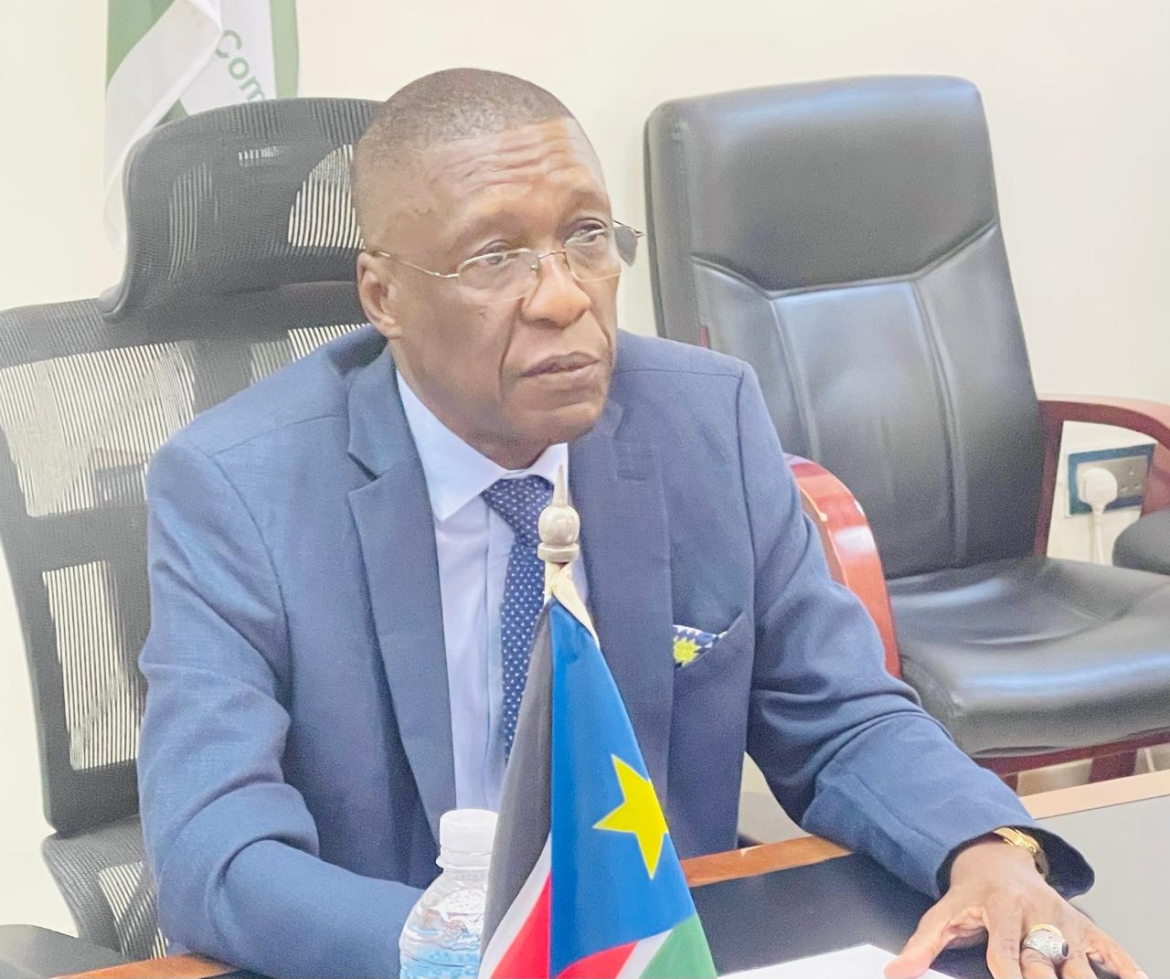Critical benchmarks for free, fair elections, need to be attained before 2024 elections
The Reconstituted Joint Monitoring and Evaluation Commission (RJMEC) on Tuesday addressed the 9353rdmeeting of the United Nation Security Council in New York, United States.
In his address to the Council, and with about 18 months to the end of the extended Transitional Period for the Revitalised Agreement on the Resolution of the Conflict in the Republic of South Sudan (R-ARCSS), RJMEC Interim Chairperson Amb. Maj. Gen. Charles Tai Gituai outlined key benchmarks that need to be attained for the conduct of free, fair and credible elections.
The benchmarks, he outlined, are the completion of the unification and redeployment of forces, the reconstitution and operationalisation of the institutions tasked with the preparation and conduct of elections, and the making of a people-led and people-owned Permanent Constitution to guide the conduct of elections. Other benchmarks are judicial reforms and improvement to the overall political and civic space in which multiparty elections are conducted.
In his address, Amb. Gituai underscored that the R-ARCSS legitimises South Sudan’s Transitional Government of National Unity and remains the most plausible blueprint for a peaceful transition and building enduring peace in the Republic of South Sudan.
“With the prospect of elections looming, there is need for our collective efforts to focus on South Sudan at this critical time and ensure that the Agreement is implemented in letter and spirit,” he said.
Amb. Gituai continued “the Revitalised Transitional Government of National Unity (RTGoNU) requires more support from the Council and the international community to complete the implementation of the critical pending tasks of the R-ARCSS.”
“Without predictable and adequate funding, our assessment is that South Sudan will continue to struggle to adhere to implementation schedule of the R-ARCSS,” he said.
He noted that trust deficit among the Parties, lack of adequate resources, capacity gaps, persistent levels of intercommunal violence in the states, negative activities of the holdout groups, and natural calamities like floods have slowed down progress in effective implementation of the R-ARCSS.
“Most recently, additional strain has been placed on humanitarian and other resources in South Sudan by the influx of refugees and returnees from the conflict in the Republic of Sudan,” he added.
While outlining RJMEC’s efforts in support of the implementation of the Revitalised Peace Agreement, the Interim Chairperson said: “RJMEC’s objective and impartial reports, and all-inclusive stakeholders monthly plenary meetings, continue to inspire confidence in the peace process and encourages the Parties to stay the course for peace, help create focus, unity of purpose and informs policy decision making on South Sudan and the implementation of the Agreement.”
In his conclusion, Amb. Gituai said “I would like to appeal to this Council to remain seized of the peace process in South Sudan, engage the RTGoNU to expedite implementation of the Peace Agreement and to conduct elections as scheduled, and to consider visiting Juba at this critical time of election preparations and to stand in solidarity with the people of South Sudan.”





